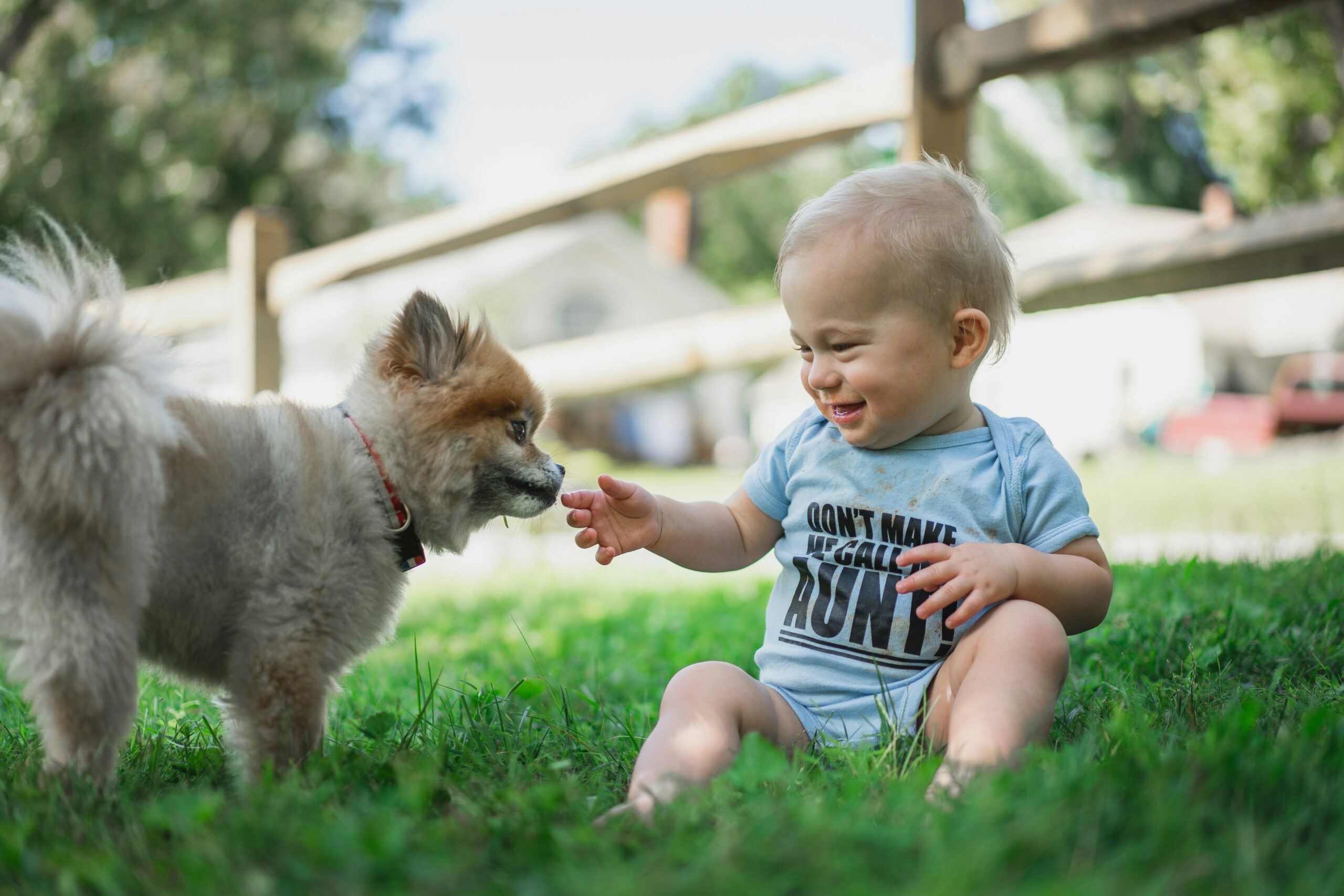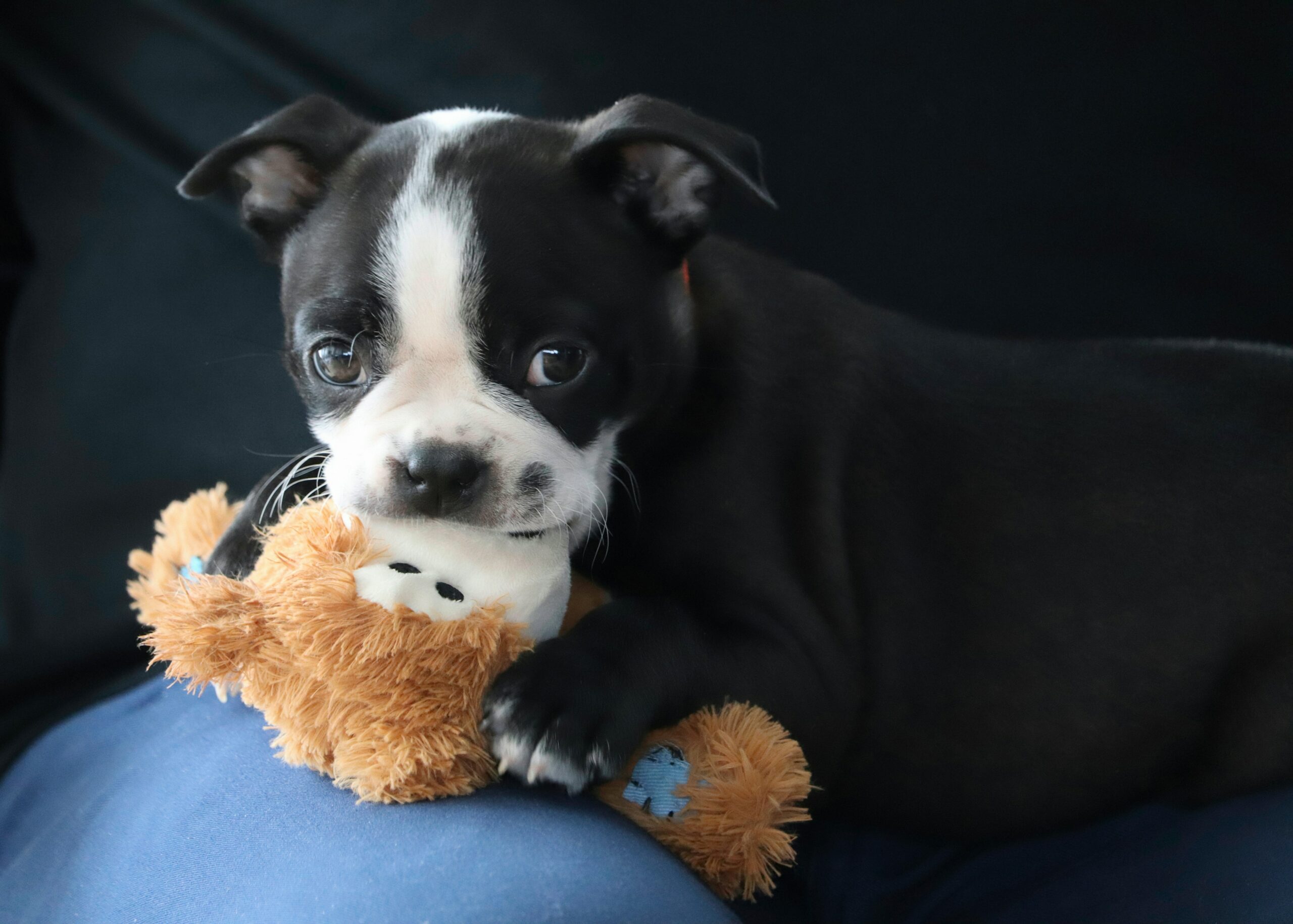Moving to a new home, be it a house or an apartment, can evoke mixed feelings, both, excitement and stress. There’s plenty of planning to be done, and the more you look at your belongings, the more you may feel overwhelmed. You decide to hire a moving company to help you shift everything. That takes care of it!
Now, what about your pet pooch?
Things are a little bit more trickier now. Moving to a new place is stressful for your dog too. What makes the move difficult is that you understand why you’re changing homes. Your best friend, who is a creature of habit and has grown comfortable to the stable environment, will have a harder time understanding the sudden change. As a result, its adjusting to the new environment and settling in may take some time. You, can help him (or her) adapt to your new home.
5 Tips to help your dog transition better when moving to a new home
- Strive for minimal disruption to their routines
Consistency is key in helping your dog’s transition. As much as possible, try not to drastically change your schedule for feeding, walks, playtime and bedtime. Since dogs are behavioral animals, its bodily functions are pretty much used to the schedule you followed at your previous home and disruptions can add to its agitation. If you were in the practice of taking your dog for a walk just before breakfast, try to stick to that schedule. Since it is a new neighborhood, you may have to exercise caution and use a leash. The same goes for all other routine activities. Also, do not leave your dog alone for the first few days.
2. New is not always good
As you move to a new home, you may be tempted to replace your dog’s cushion (or rug) and toys with new ones. However, this may work against you in the whole process of acclimating him to your new home. Remember, your dog’s agitation and change in behaviour is all due to the sudden change in familiar space. In order to retain as much of what it was used to, when moving, bring along its toys and cushion. Once the dog is settled in, you can always replace these items with new ones.
3. Familiarise your new home to your dog
If possible, from the days leading up to date of moving into the new home take your dog along. This gives it a chance to get familiar with the place, as opposed to suddenly uprooting it from your previous home and landing it in a completely new place.
During your visits, let the dog explore the house at will. Keep a watchful eye in case your new neighbours have pets.
Decide on where your pooch will sleep and have its meals, and get it used to it right from the start. A little treat here and there will help reinforce positive experiences with each new location, thus speeding up the process of settling down.
4.. Get to know the neighbours
Make your customary visits to your neighbours and introduce yourselves. Find out if they have pets and suggest a mutually convenient day for a play date. This will help your dog get comfortable and less territorial and will do the same for your neighbours’ dogs as well. The last thing you want is your dog getting into a vicious battle with your neighbour’s dog on the day you move in!
5. Explore the garden and surrounding areas, together
If you have sufficient garden space, let your dog explore and play at will. However, ensure there are no poisonous plants or weeds in the vicinity. Take your dog for a walk on a leash in the surrounding areas too, so that he gets to sniff around, mark his territory and get familiar with the area. This is of utmost importance if you’ve moved to a home which has very little garden space or as in the case of apartments, inadequate space for the dog to move about and play.
Take-aways
The good news is that dogs are highly adaptable creatures, and by following the above tips, you’ll help yours settle in and become comfortable in no time. The key is to maintain consistency and exercise a lot of patience. Your pooch may need a few days or even a few weeks to get acclimated to the new place and routines, but continued love and trust will just make the transition easier.
Jeffery is a pet enthusiast and volunteer at his local pet shelter. His passion for animals started at an early age and through his work on becoming a veterinary student he understands and cares for pets of all species. Jeffery currently writes for The Happy Pooch and has 2 cats, a bird and a dog named Lucy.



